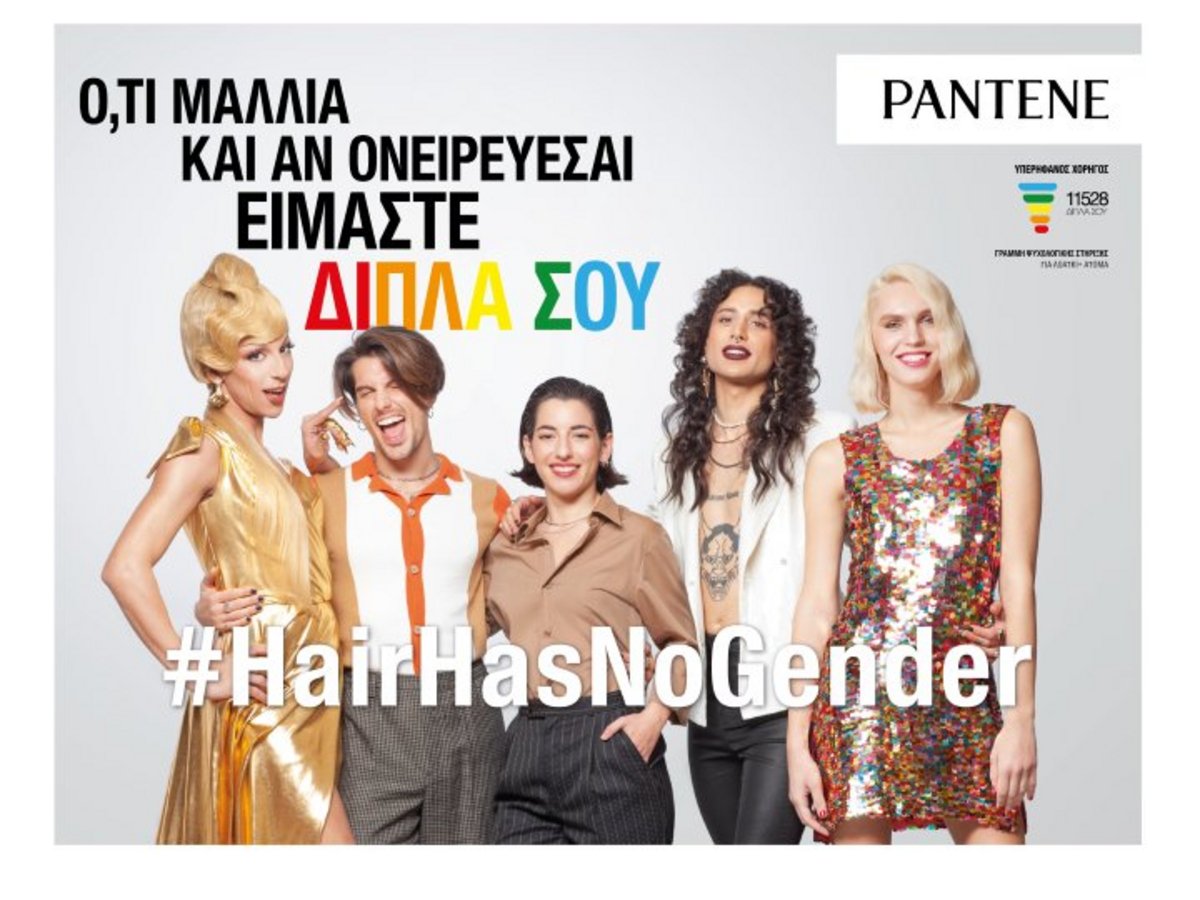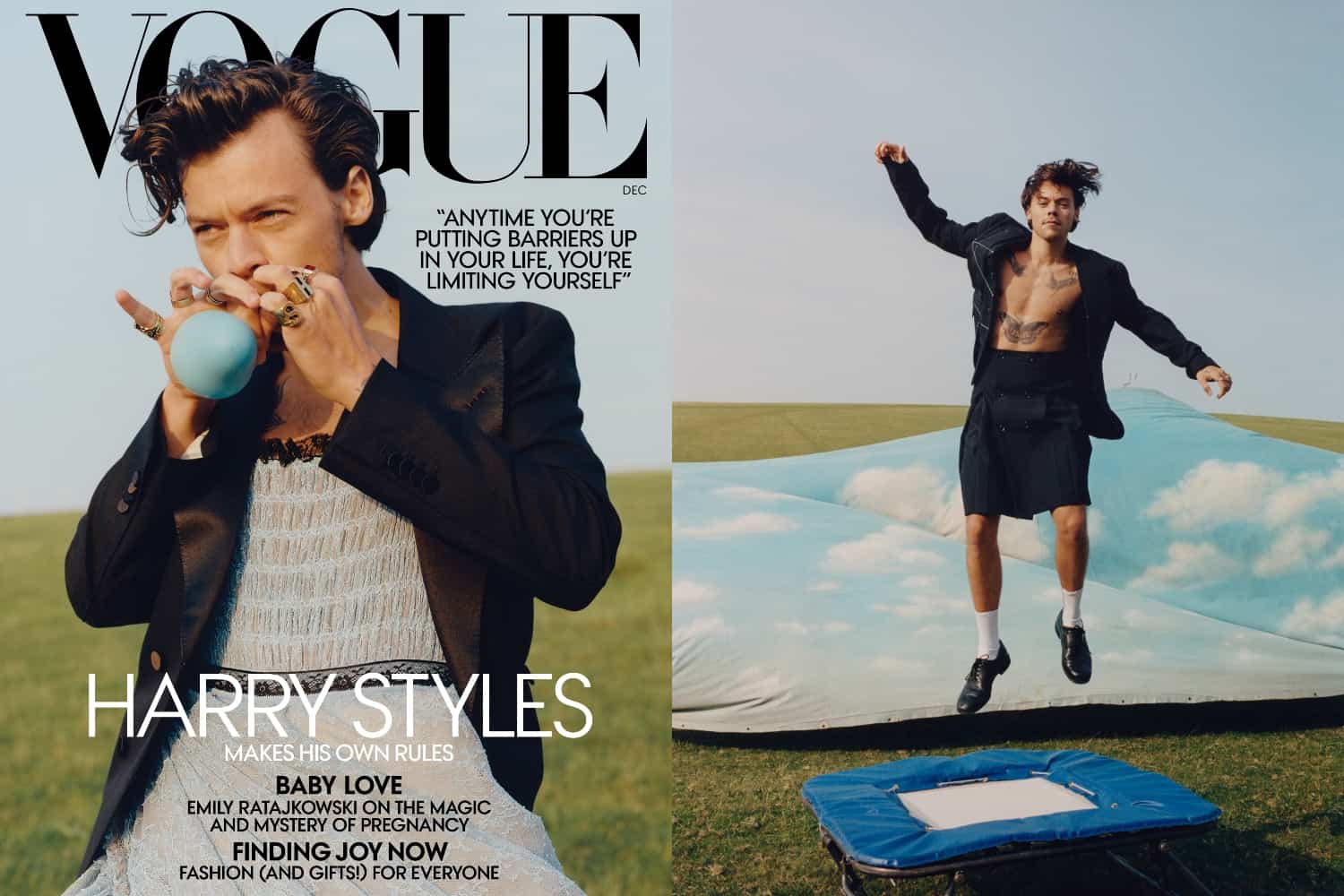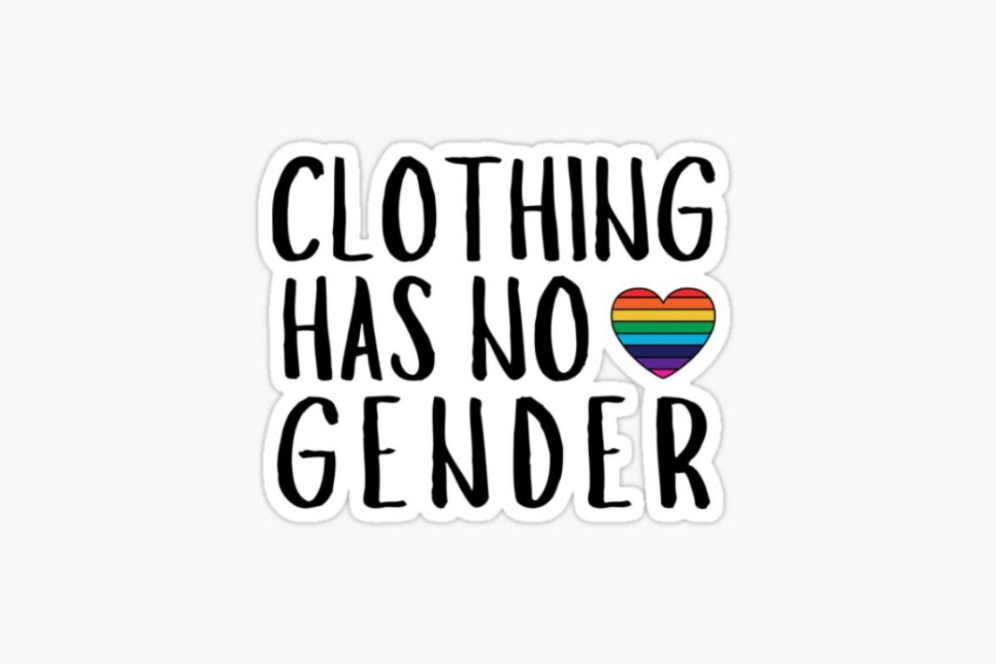By Polina Pallieraki,
The fashion industry assimilates social changes and transforms them into haute couture, while at the same time redefining them as mainstream culture.
Clothes are not only a basic need of ours, but also signify something beyond that. Τhe way we dress, reveals many things about ourselves. What we stand for, who we are and who we are not, who we would like to be and who we can become.
Every time we get dressed we make a statement about ourselves, which is noticeable, as long as fashion is an evaluation criterion.
Fashion is constantly changing. Anything that can inspire creators and motivate them to create something sensational is reflected in the fabrics, the designs, the colors. It is a perpetual act of creation, which can work in such a way, that makes the different, acceptable and the normal, simply boring.
Today’s fashion does not accept stereotypes, does not accept rules and does not impose anything on anyone. There are no longer –nοr should they be– limits on weight, color or gender. Everything is for everyone. Fashion simply shows you the way and invites you to express yourself freely.
Take Pantene’s recent #HairHasNoGender campaign for example. What it tells us, is what we have known for a while now, that there is no longer a predetermined gender based on fashion. It’s kind of like the Coco Channel revolution, which introduced androgynous style and especially pants to women’s clothing.

Until then, women’s fashion was confined to suffocating corsets, voluminous skirts and generally uncomfortable clothes of the time, which limited the woman’s movements, because quite simply, these responded to their needs until then.
It is obvious that fashion always serves the needs of the consumer, but also expresses the stereotypes and social trends of each era. The fact, for example, that until a few years ago we wore specific colors on our babies, depending on their gender (pink for girls and blue for boys) indicates exactly this. Nowadays, however, there is a policy change in maternity hospitals. They dress newborns in neutral colors, while abroad they don’t hesitate to put pink on boys and blue on girls.
Gender fluid, which has troubled societies and continues to concern them –although with a reduced reaction and greater acceptance– is a social phase, which is also reflected in modern fashion trends.
Big ecos of fashion like Gucci, Harris Reed, Tanner Flecher, Joseph Altuzarra and many others have adopted a more neutral style in their clothes, which can be worn by both men and women and non-binary gender people.
Show biz people in general have taken advantage of this new trend, not only to win over the public (after all, they don’t need such a thing), but to support the new spirit of freedom and tolerance of modern society. An illustrative example, the iconic photoshoot of Harry Styles, for the cover of Vogue (December 2020), dressed in a dress and women’s accessories. It is a thunderous statement, declaring that you can freely be who you are even in a skirt.

In the same spirit, the well-known actor Billy Porter, also wanted to break the established protocol of dressing, which obeys the strict binary separation of the sexes. Dressed in a gorgeous dress we all wish we had, he was photographed for Attitude magazine as he accepted the Man of the Year award.
Fashion is for everyone a step to fearlessly show who we are without stereotypical and outdated boundaries.
References
- Ρούχα χωρίς φύλο: Η νέα τάση της μόδας. tvxs.gr. Available here
- Genderless Fashion in the Future of Fashion. cxomedia.id. Available here
- Clothes have No Gender. chhsnews.com. Available here




